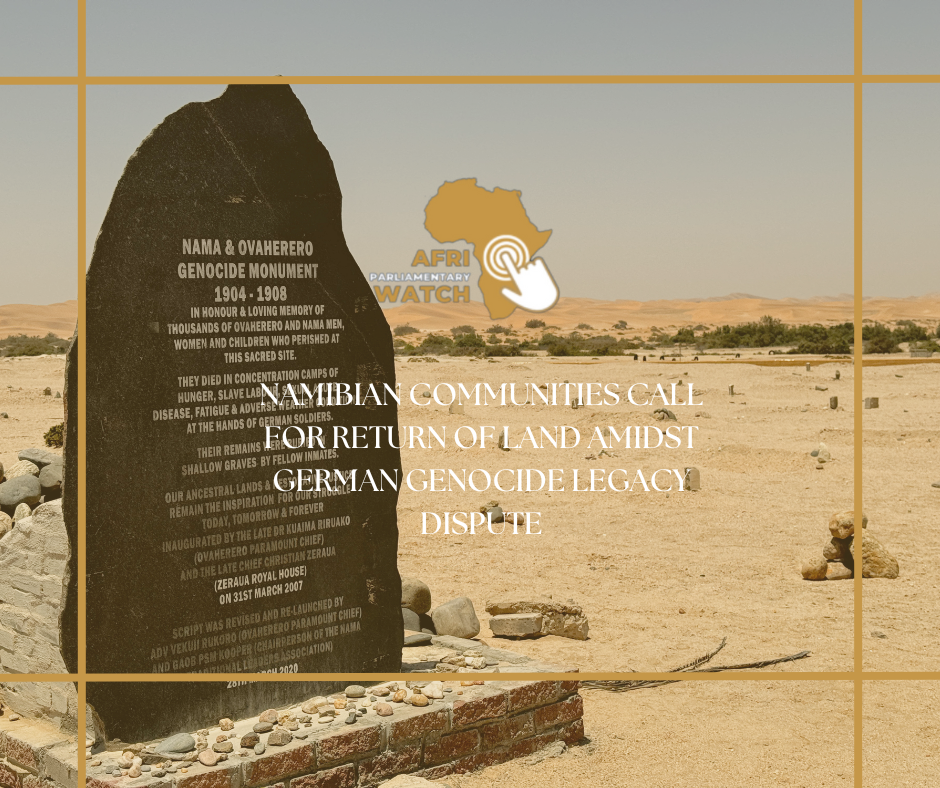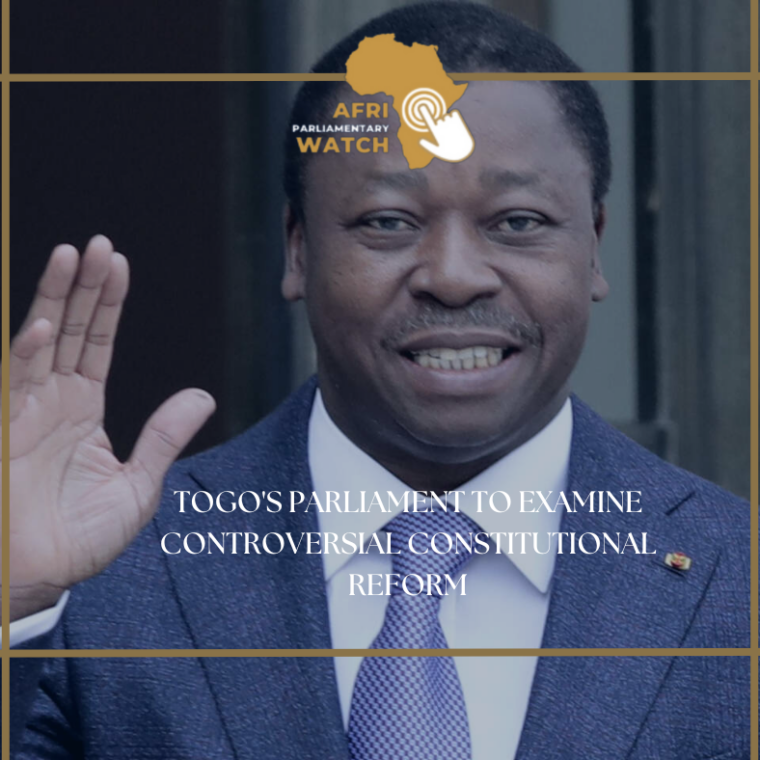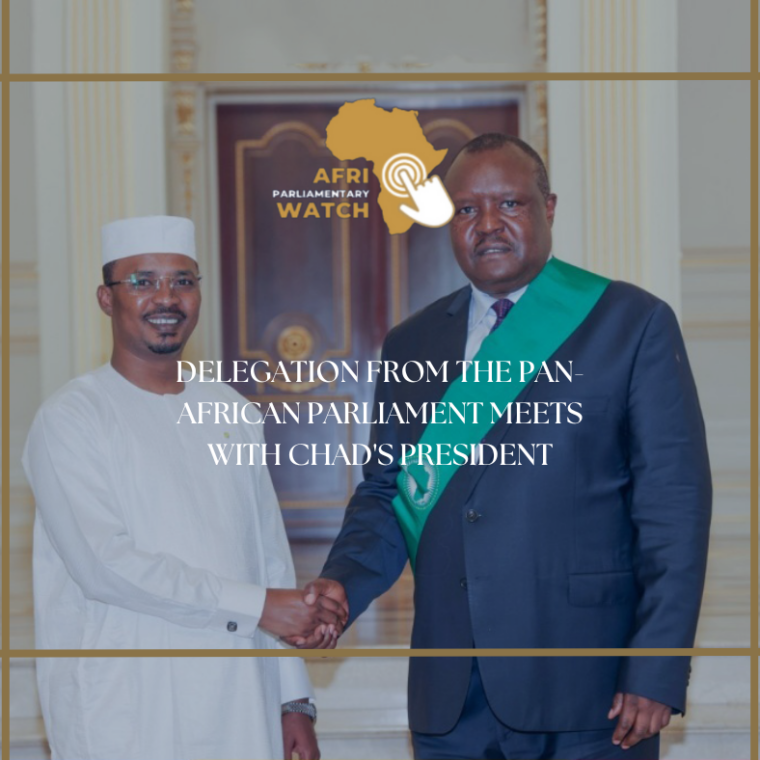Namibian communities, whose ancestors were massacred by German colonial forces over a century ago, are calling for renewed negotiations with Berlin to address the return of their ancestral land. The push for dialogue comes in response to Germany’s 2021 pledge to fund 1.1 billion euros ($1.2 billion) over 30 years to address the impacts of the property seizures and killings committed between 1904 and 1908, following the Herero and Nama tribes’ rebellion against German rule.
Germany has acknowledged the atrocities as genocide for the first time and offered a formal apology, recognizing the massacre of approximately 65,000 Herero and 10,000 Nama people. However, critics argue that Germany’s apology and compensation efforts should not be directed at the Namibian state, which did not exist during the time of the genocide and had no mandate to represent the interests of the traditional Herero and Nama authorities.
Mutjinde Katjiua, a leader within the Ovaherero Traditional Authority, has criticized the exclusion of the descendants of the affected communities from the discussions. He asserts that this exclusion deviates from a 2006 parliamentary resolution that called for direct negotiations between the impacted communities and the German government. The communities are also concerned that the issue of land ownership was not addressed in the 2021 agreement, as the return of ancestral land seized by German forces remains unresolved.
“What we have now is a bilateral agreement focused on development aid, not reparations related to genocide,” Katjiua told Reuters. “Germany must come to the table, negotiate directly with Hereros and Namas, and together we should determine appropriate reparations for the damage inflicted.”
Katjiua emphasized that if negotiations fail to yield satisfactory outcomes, the communities will demand the return of their land, as they have detailed knowledge of the specific locations and names of the lands taken. Germany, having lost its colonial territories after World War I, had largely ignored its colonial past while focusing on the legacy of Nazi crimes, including the Holocaust.
The 2021 joint declaration, which is awaiting ratification by the Namibian parliament, faces delays as the two governments discuss possible amendments, such as shortening the compensation period from 30 years to five or ten years, according to Harald Hecht, chairman of the Forum of German-speaking Namibians. Hecht acknowledged that while the agreement may not fully meet the needs of reparations, it represents a step forward.
The German foreign ministry did not immediately respond to a request for comment. Ambassador Tonateni Intenge-Envula, chair of Namibia’s technical committee on genocide, stated that all affected parties were invited to participate in the negotiations. She assured that the Office of the Vice President is open to discussions with the affected communities.
In Namibia, white individuals, who make up 5% of the population, control over 70% of the country’s prime agricultural land.





